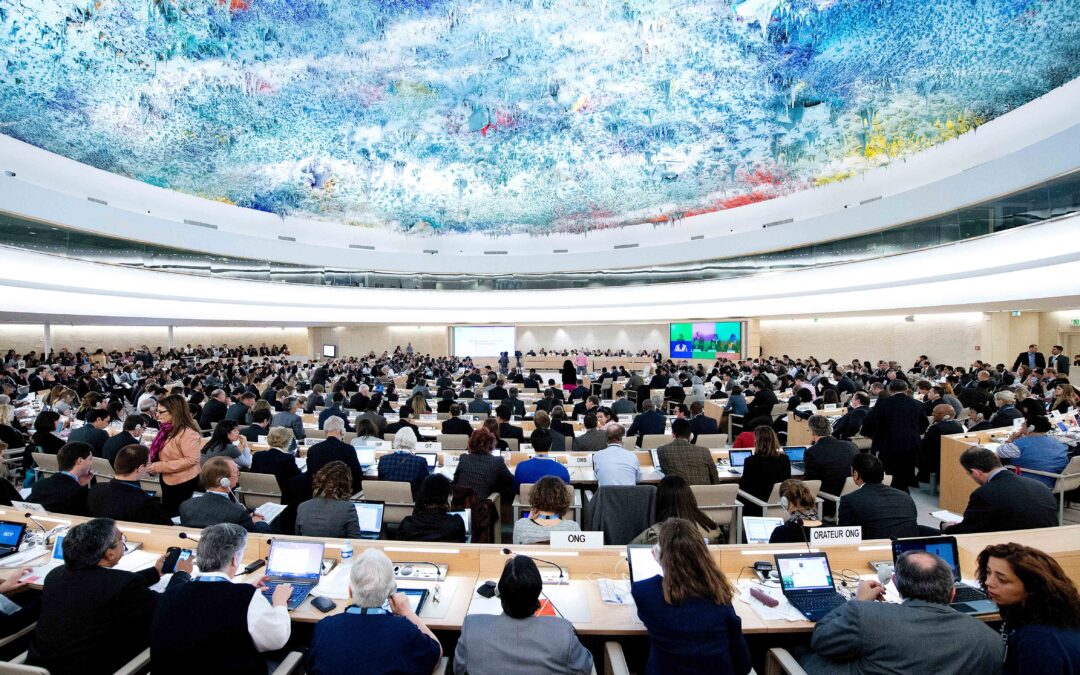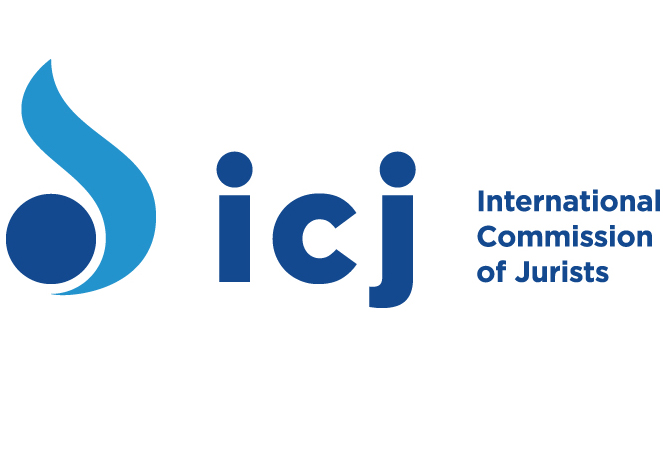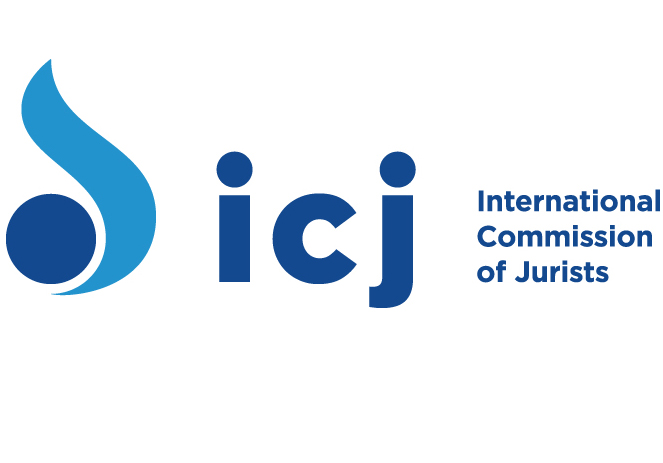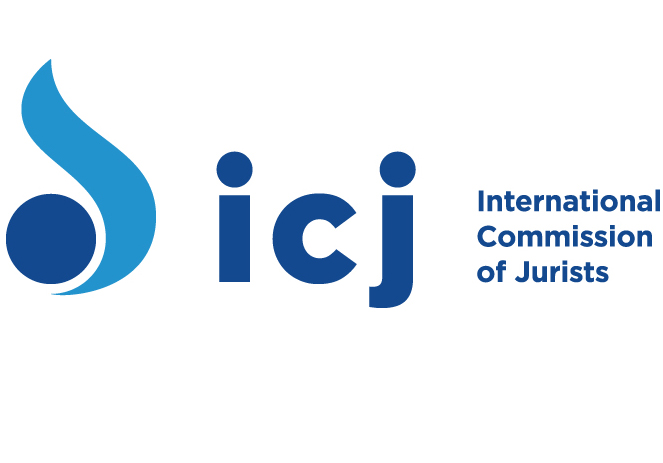
Feb 3, 2011
The ICJ welcomes the second session of the review of the Human Rights Council (HRC) and has prepared a position paper on the review of the Council.
ICJ-humanrightscouncil-advocacy-2011 (full text, PDF)

Dec 10, 2010
The time has come to ensure that people denied their economic, social and cultural rights, in particular those living in poverty, are able to access justice.
The NGO Coalition for an Optional Protocol to the International Covenant on Economic, Social and Cultural Rights reiterates its call on States to become party to this Protocol.
As a member of the NGO Coalition, the ICJ joins the call and asks States to take the opportunity of the second anniversary of the adoption of the Optional Protocol by the UN General Assembly to ratify this new instrument.
optional protocol-ICESCR-advocacy-2010 (full Text, PDF)

Nov 19, 2009
The ICJ and other NGOs condemned the decision of the Damascus Section of the Syrian Bar Association to prohibit lawyer and human rights defender Muhannad Al-Hassani from practicing law for the rest of his life.
Among the grounds upon which the disbarment was ordered was that Muhannad Al-Hassani is “the President of an unauthorised organisation (the Syrian Organization for Human Rights)”.
The above-mentioned organisations called on the Syrian Bar Association to seriously reconsider the charges against Muhannad al-Hassani and the decision to permanently disbar him when it hears the case on appeal.
Syria-Persecution and Intimidation of Lawyers and Human Rights Defenders-Position Papers-2009 (full text, PDF)

Oct 13, 2009
What prisoners say or “confess” to under torture should never be admissible in any court proceedings, said the ICJ and other Human Rights groups.
Cambodia-torture-position paper-2009 (full text, PDF)
Cambodia-torture-web story-2009 (full text, PDF)

Oct 9, 2009
In this submission, the ICJ explores key aspects of the “Protect, Respect, Remedy” framework established by the Special Representative to the Secretary General John Ruggie (photo).
In its resolution 8/7 of June 2008, the Human Rights Council requested the Office of the High Commissioner for Human Rights to organize, within the framework of the Council, a two-day consultation “in order to discuss ways and means to operationalize the framework, and to submit a report on the meeting to the Council”.
The consultation was conceived of as a means to respond to calls from civil society for the Council to ensure wide and non-selective participation by grass-root organizations and victims groups in the debates around the issue of corporate human rights responsibilities.
Guided by United Nations instruments, the ICJ attaches great importance to the development of an approach that is centred on the individual, including victims or potential victims of abuse, their rights and needs.
The ICJ submission discusses the need for a normative approach to holding corporations accountable for their human rights violations, and it applies the findings of the ICJ Expert Panel Report on Corporate Complicity to elaborate on corporations’ legal responsibility to conduct due diligence into their suppliers, buyers, partners and subsidiaries.
The submission also highlights the obstacles victims face to achieving redress through national judiciaries, including corruption, a lack of judicial independence, capacity, and enforcement, as well as significant procedural hurdles. Finally, the submission discusses the weaknesses of current international mechanisms and the need for exploration into alternatives.
ICJ Submission for the Consultation on Business and Human Rights-Position Papers-2009 (full text PDF)








